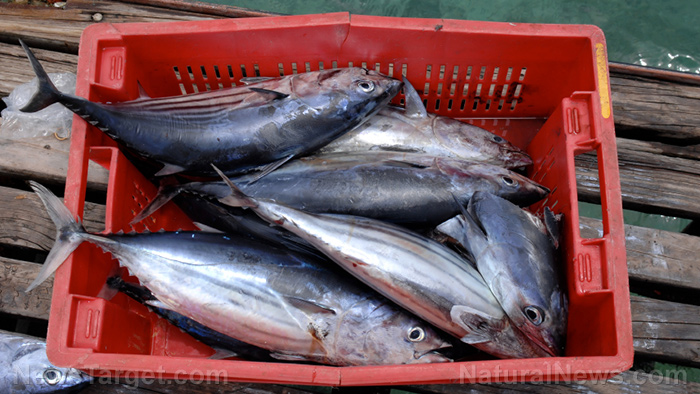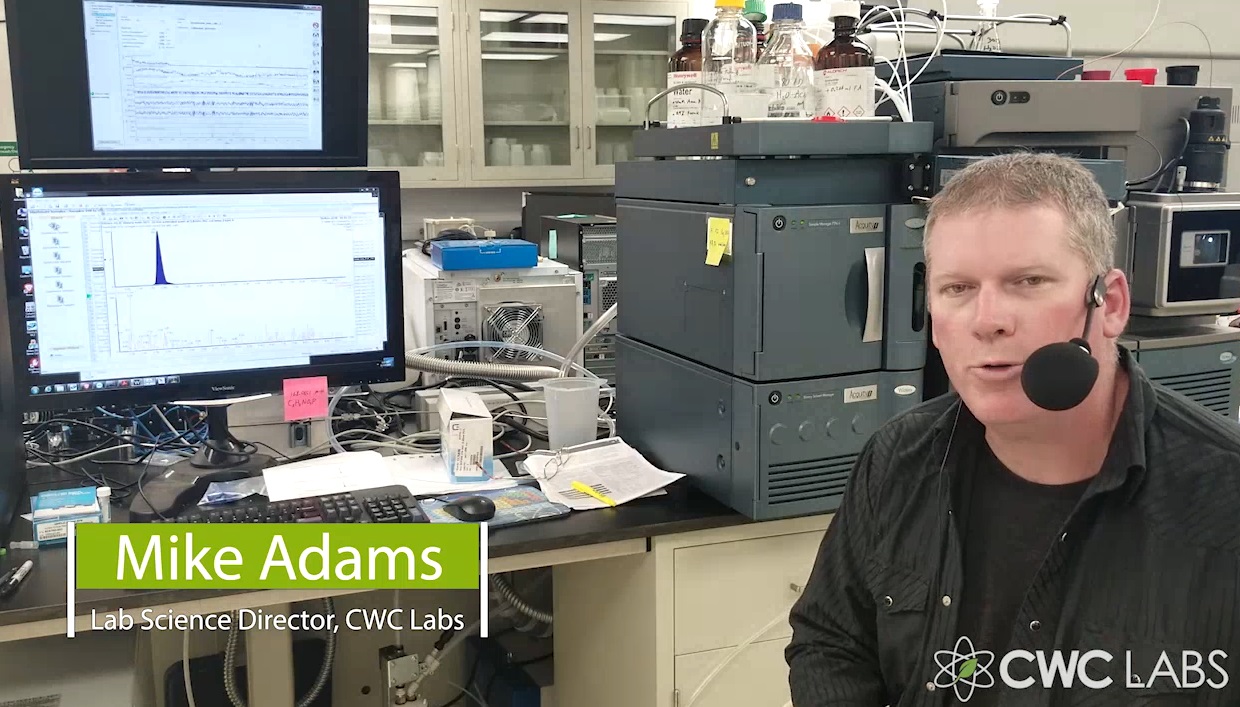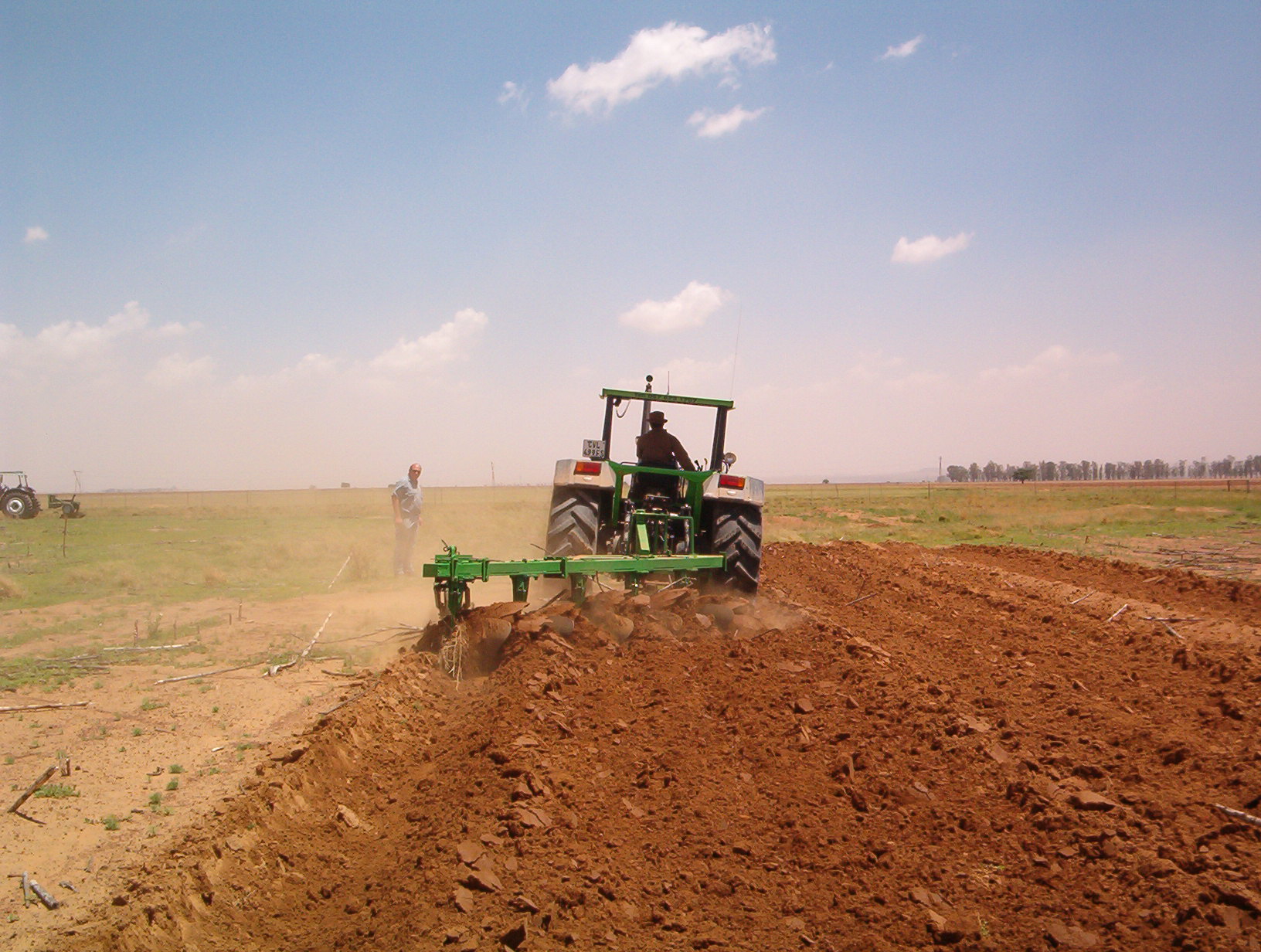Study: Industrial sea fishing is exposing more people to excessively high levels of mercury
07/14/2018 / By RJ Jhonson

Industrial fishing is helping bring more toxic mercury to the table, according to research from Université de Montréal published in Scientific Reports. This means that populations from several countries consume way more mercury than what is considered safe and are at a higher risk of suffering the complications.
The study used data from the Food and Agriculture Organization of the United Nations (FAO) to determine how much mercury is being consumed by people in 175 countries and to determine who among these are at most risk. The data indicated the amount of mercury fished out of the seas and oceans from the year 1950 until 2014, as well as the weekly consumption of fish and seafood in the countries covered by the study.
The researchers determined that 38 percent (66 out of the 175) of the countries in the study were exposed to levels of methylmercury, an extremely toxic form of mercury, which were higher than what was deemed safe for human development. The top 10 high-risk countries included the Maldives, Iceland, Lithuania, Japan, Barbados, and South Korea.
Certain key factors led to this dilemma. In particular, the rise in industrialization means that more mercury is now being dumped into waterways which eventually drain into the ocean. The chemical is absorbed by small sea creatures, which are then eaten by bigger animals. In the end, the predators at the top of the food chain end up having the highest concentration of mercury in their bodies. Humans who consume these animals’ meat end up absorbing the mercury instead.
The 1950s saw a rise in demand for seafood which led to the development of more intensive forms of industrial fishing. Overfishing during the ’90s led to dramatically reduced stocks and pushed industrial fishing boats farther out into deeper seas. (Related: Industrial fishing wastes 10 million tons of fish every year while devastating the world’s ocean life.)
Today, most fishing activities are concentrated in the Northwest Pacific. This region is also the leading exporter of fish. It is followed by the Western Central Pacific and the Indian Ocean at second and third respectively.
“Together, these three fishing areas exported 60 percent of the mercury resulting from global seafood production in 2014,” said Raphaël Lavoie, postdoctoral fellow and one of the writers of the study.
The threshold for methylmercury consumption is 1.6 micrograms for each kilogram of a person’s body weight per week (?g/kg/week). People from the highest-risk countries consumed much more than this recommended quantity. For example, the Maldives, Kiribati, and Iceland, the top three countries in the list, consumed 23 ?g/kg/week, 8 ?g/kg/week, and 7.5 ?g/kg/week, respectively. These were computed using data from the year 2001 to 2011.
In comparison, the rest of the world consumed just 1.7 ?g/kg/week on average in the same period.
The authors of the study believe that their findings could help authorities come up with ways to reduce the risk of mercury exposure, especially among highly vulnerable children and pregnant women.
Mercury poisoning affects the body in many ways
Methylmercury is considered an organic type of mercury because it is often derived from one’s diet. Exposure to high levels of this chemical harms anyone, causing both immediate and long-term adverse effects. These include damage to the central and peripheral nervous system, as well as the digestive, immune, circulatory, and respiratory systems. In some cases, it causes death.
Long-term effects include tremors, insomnia, memory loss, and neuromuscular defects.
The most vulnerable groups to mercury poisoning are pregnant women and fetuses. Methylmercury exposure causes neurological defects in unborn children, causing errors in the development of cognitive thinking, memory, attention, language, and fine motor and visual-spatial skills.
Learn more about the harmful effects of mercury at Chemicals.news.
Sources include:
Tagged Under: environment, fetal development risks, food safety, high-mercury fish, industrial fishing, mercury, mercury contamination, toxic chemicals, Toxic Metals




















